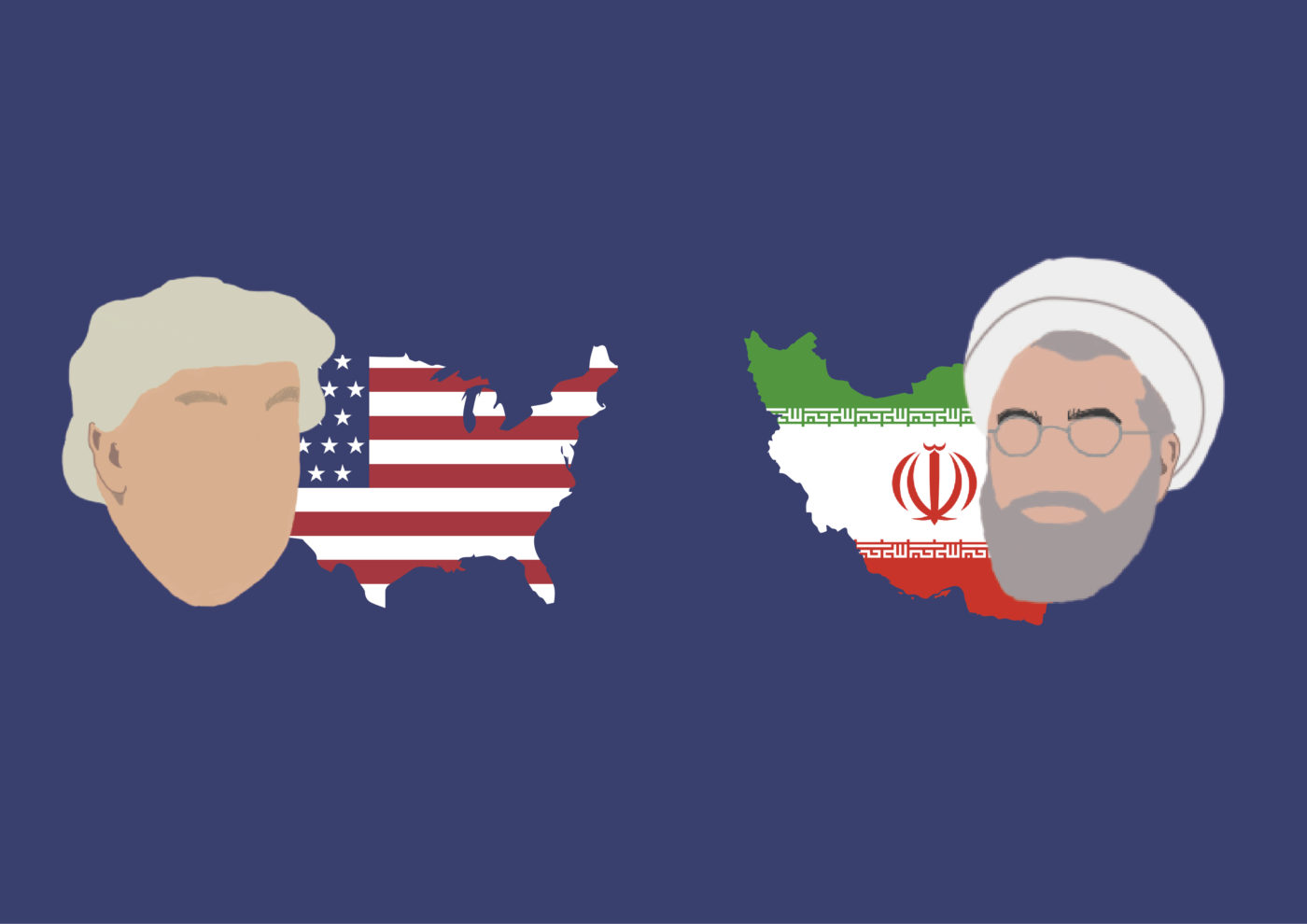UNITED STATES President Donald Trump declared his withdrawal from the Joint Comprehensive Plan of Action (JCPOA) last May 8, 2018, claiming that “it didn’t bring calm, it didn’t bring peace, [and] it never will.” The JCPOA, a 159-page annex that details the Iran nuclear deal, was reached by seven countries and required two years of negotiation. The deal, which gained the support of China, France, Germany, Russia, the United Kingdom, the United States (US) of America, and Iran, was then implemented during the Obama administration.
The JCPOA ceased all sanctions imposed by the US and the European Union (EU) due to Iran’s development of nuclear weapons. One of these sanctions was the US-imposed Comprehensive Iran Sanctions, Accountability, and Divestment Act, which targeted firms looking to invest in Iran’s energy sector. While the JCPOA stopped all previously imposed sanctions, it does not stop the US from reimposing its sanctions.
Trump’s withdrawal from the JCPOA marks an end to years of international negotiation that upheld diplomatic stability and peace among all of its signatories. With global powers now pitted against each other in this diplomatic war, Iran’s response of creating nuclear warheads creates fear of an arms race within the Middle East.
Contrived response
US sanctions were imposed on Iran in two stages. In the first stage, Iran was prohibited from buying US dollars with Iranian rial, as well as from trading gold, aluminum, and steel in August 2018. Nearly three months later, the second stage was marked by the severe limitation of Iran’s oil industry, shipping, insurance, and central bank. All of these sanctions were also applicable to any country that engaged in business activities that support Iran’s nuclear deal.
Consequently, Iran’s gross domestic product growth rate dropped immensely and caused nationwide shortages, which skyrocketed the prices of basic products such as meat, medicine, paper, and ink. This fostered skepticism in global companies, leading some to exit the Iranian market—such as Maersk, General Electric, and Boeing, to name a few.
Following the US-imposed sanctions on his nation, Iran President Hassan Rouhani’s administration responded methodically by reducing its commitments to the JCPOA. Iran removed the limits on their stockpiles of enriched uranium and heavy water in July last year. This allowed the country to enrich uranium to a concentration level of 4.5%—much higher than the JCPOA-mandated limit of 3.67%—which provided Iran more fuel for their nuclear power plants.
Then, in September that year, Rouhani announced that all limitations imposed on Iran’s research and development of centrifuge technology will likewise be lifted. Under the JCPOA, Iran was only allowed to utilize 5,060 models of the oldest and least efficient centrifuge, also known as IR-1. Uranium centrifuge technology is at the center of nuclear warhead development and this decision significantly increases Iran’s ability to enrich their uranium stockpile. Two months later, Iran resumed enrichment operations at its Fordo underground nuclear plant, despite JCPOA regulations.
The responses that Iran has done revolve around significantly reducing their “break-out time,” or the time it takes to produce a nuclear weapon. According to nuclear policy specialist David Albright, Iran will be able to produce two nuclear warheads in less than two years.
With Iran’s withdrawal from the JCPOA and the subsequent decrease in break-out time, the international community fears that Iran is exploiting the situation to create nuclear warheads. However, Iran has then remained firm in their promise to look for support from other JCPOA members. However, this is on the condition that they have no intention of creating nuclear warheads. Furthermore, Rouhani has repeatedly told the public that the steps they have taken are only to combat the sanctions imposed by the US.
With the US forcing Iran’s hand, the latter has responded not just by methodically dismantling their responsibilities to the JCPOA but also by forcing the rest of the JCPOA members to take notice and sit with them at the table.
International dynamics
Responses to Iran’s growing nuclear abilities differ between remaining signatories of the JCPOA. For the representatives of the EU, namely France, Germany, and the UK, founding members of the EU (the E3), the unraveling of the JCPOA serves as a reminder to the difficulties they face in dealing with global powers such as the US.
The E3 has made attempts to save the JCPOA by providing financial stabilizers such as the Instrument in Support of Trade Exchanges (INSTEX) to alleviate the financial sanctions imposed on Iran. However, such efforts have proven to be hollow as European companies continue to avoid the Iranian market, contributing to the nation’s economic decline.
European Council on Foreign Relations Deputy Director for the Middle East and the North Africa Programme Ellie Geranmayeh put the EU’s situation in perspective. She said, “If the [nuclear deal] goes down and Europe can’t salvage it, it carries a message for every country—not just Iran—about the relevance that Europeans can play as a global actor.”
Contrary to the growing diplomatic concerns of the EU, China and Russia are coping with the situation in such a way that it increases their presence on the world stage.
China is proving its willingness to act as a global power at par with the US by maintaining its oil imports from Iran despite the US-imposed sanctions on Iran’s oil industry. Through this, the country affirms their stance that they will not be swayed by unilateral decisions of other global powers, effectively alienating the US and the EU in the JCPOA negotiations. On the other hand, Russia is maneuvering the diplomatic situation by keeping strong relations with Iran, who shares Russia’s interest in undermining US influence in the Middle East.
As the world searches for peacekeeping solutions, 82 million Iranians suffer under a crippling economy. Domestic instability, accompanied by increasing hatred for Western powers, grows as thousands protest for government action. While a new agreement can prevent nuclear proliferation, it cannot undo the damages done to Iran and the rest of the world.




